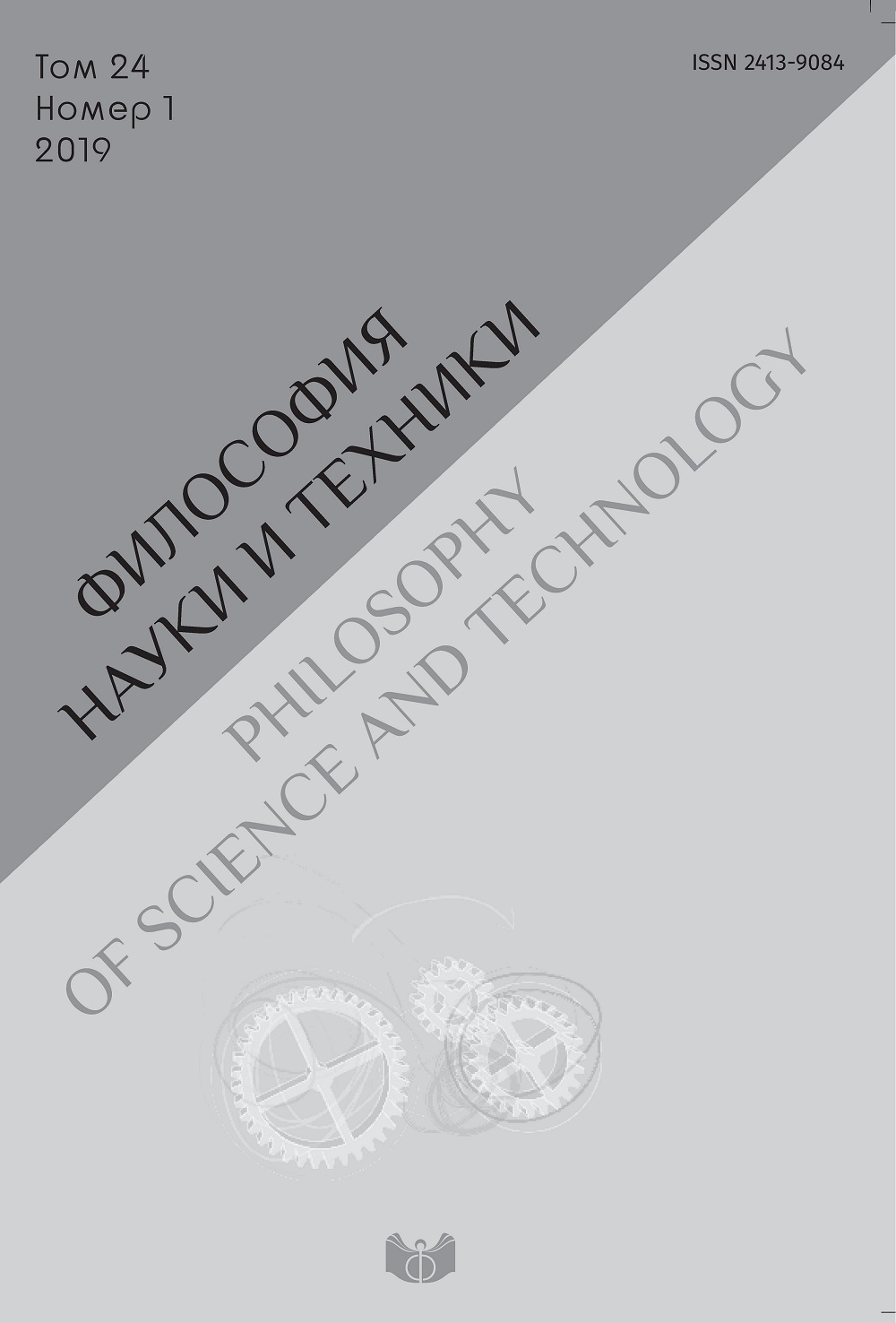Models of rationality in the bases of the theory of decision-making
DOI:
https://doi.org/10.21146/2413-9084-2019-24-1-131-144Keywords:
rationality models, normative and descriptive approaches, limited rationality, reflexive rationalityAbstract
The aim of the article is to analyze the development of the theory of solutions in the context of changing models of rationality. To achieve this goal, historical and relatively historical methods were used. With their help followed the development of two approaches of the theory of decision-making: normative and descriptive. It is shown that the evolution of the theory of decision-making was influenced by models of scientific rationality, and they, in turn, reflected the development of natural and social rationality. Initially, the normative decision theory was based on the full (classical) rationality. This model assumed the orientation of the decision-maker to maximize the result and the possession of an unlimited amount of information. Another approach is descriptive – in fact, denied the possibility of rational behavior and freedom of choice. This approach revealed deviations from rational behavior. During the development of both theories discovered how the limitations of the model of comprehensive rationality, and the incorrectness of the concepts of rigid determinism of the selection process of objective factors. Modern decision theory seeks to synthesize both approaches and expand the understanding of the rational solution. It has been found that a new understanding of rationality is not unique to decision theory. This is only a special case, which fits into the General trend of development of social knowledge and management. The revision of rationality was carried out in the economy as a whole, the theory of selective behavior, forecasting, theoretical sociology, philosophy and other areas of social knowledge. It is shown that in all these areas we are talking about post-non-classical interpretation based on the views about the possibility of rationality in its reflexive and communicative forms.











